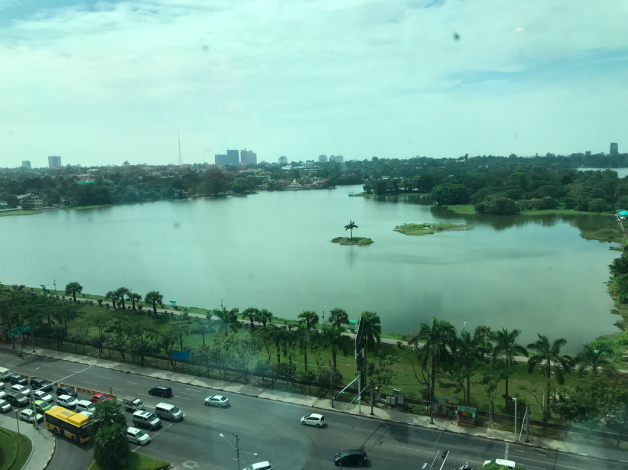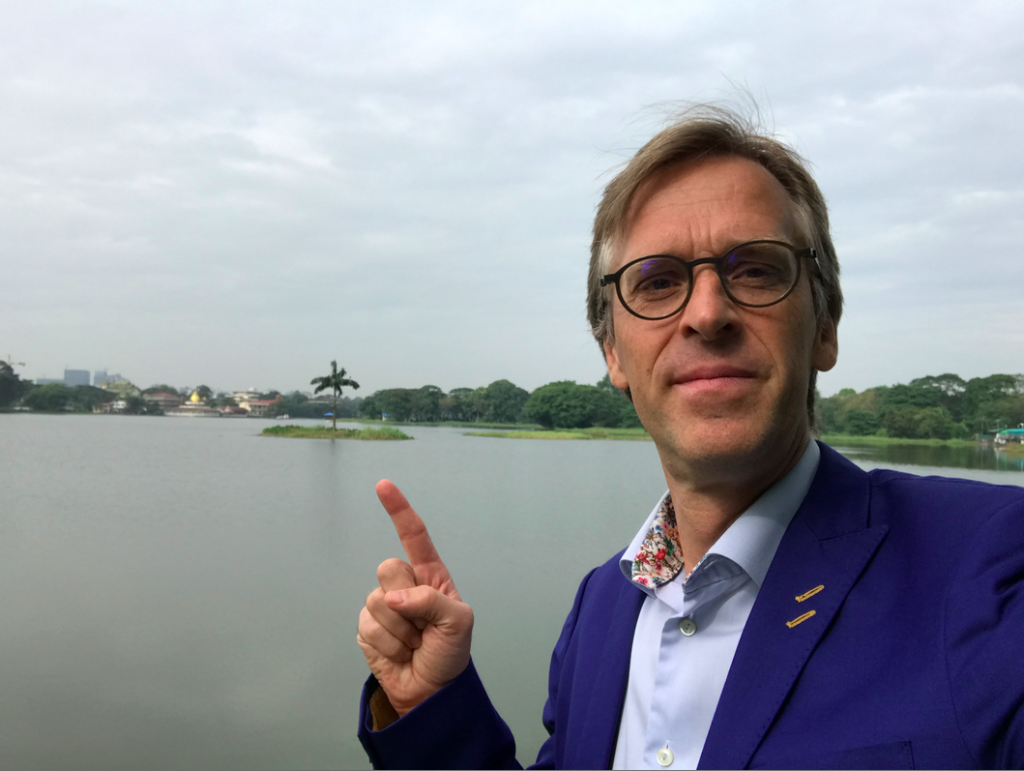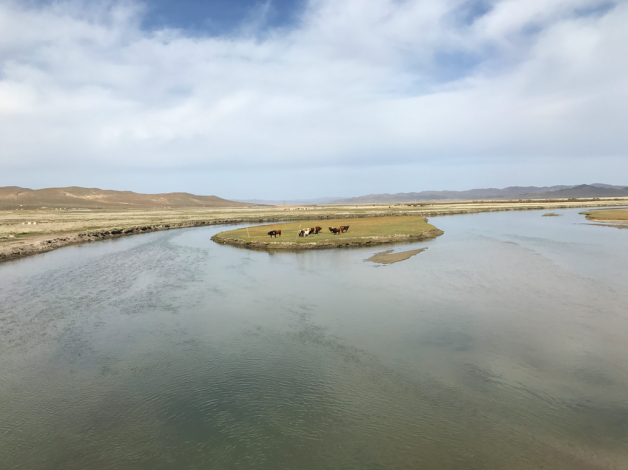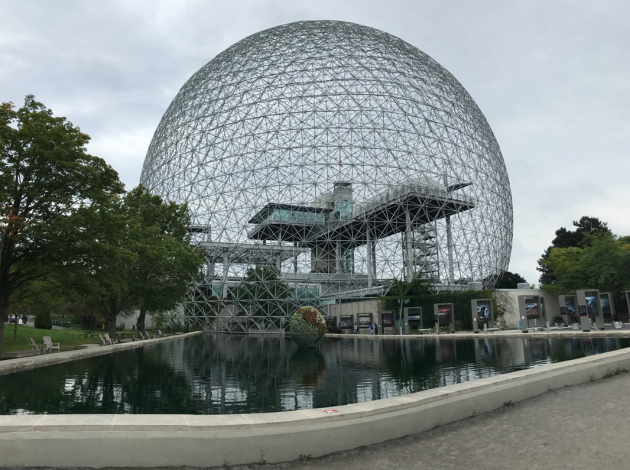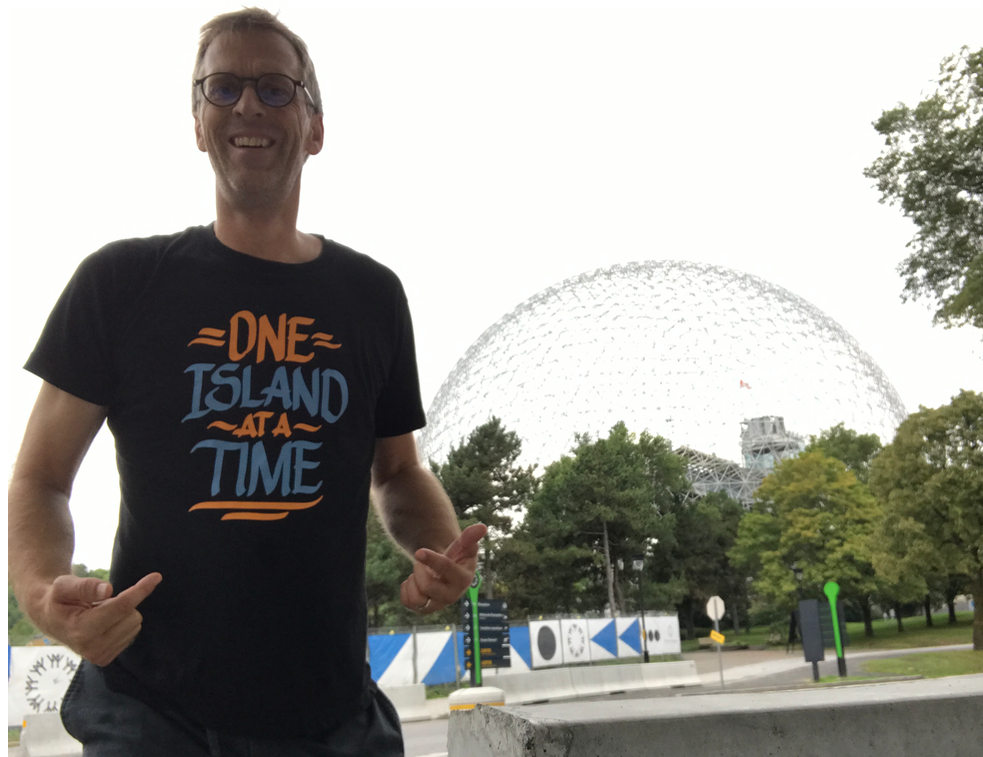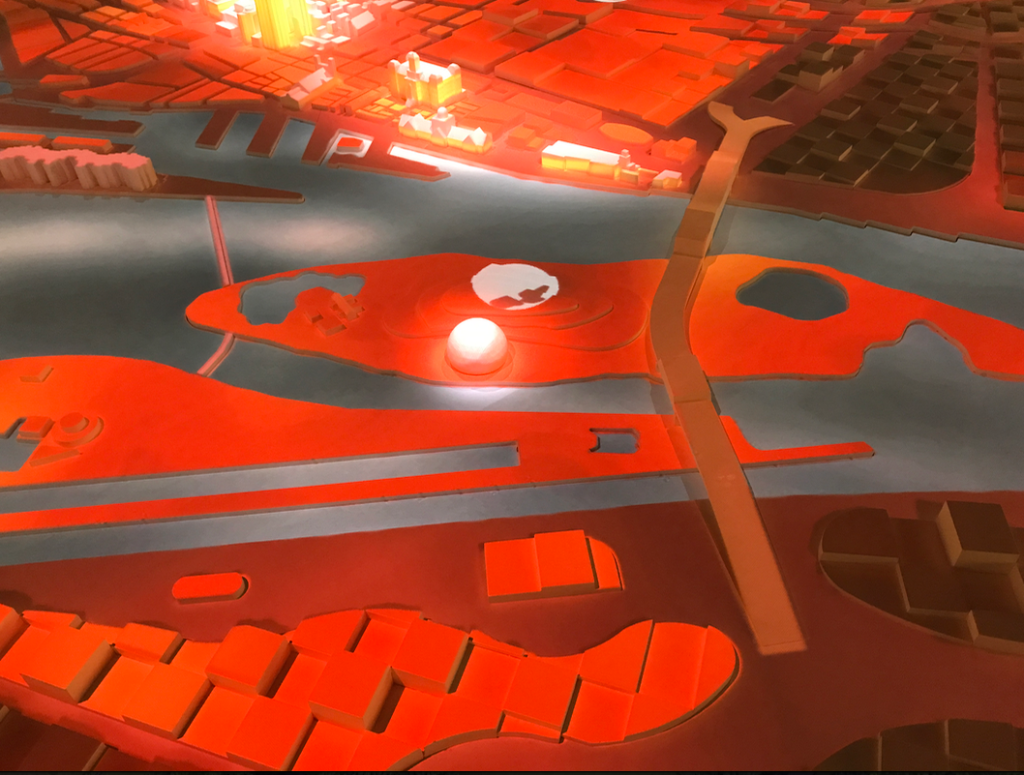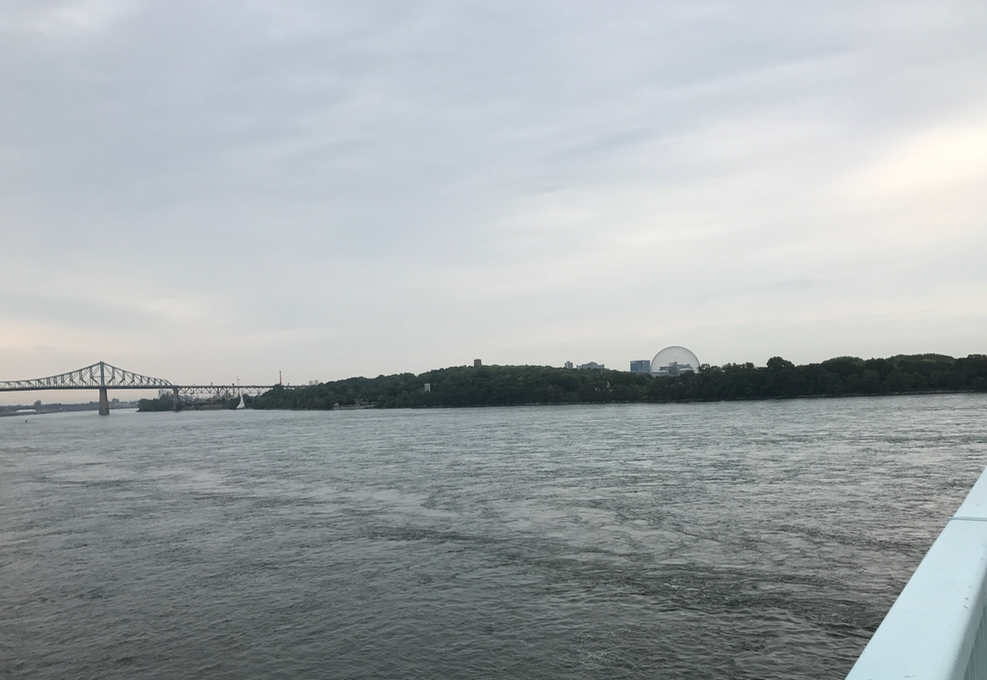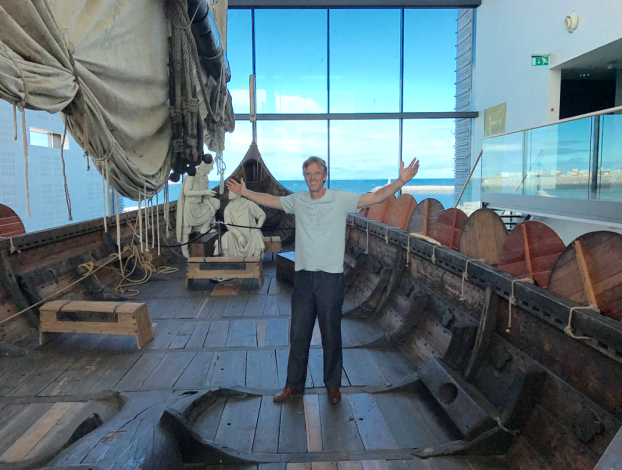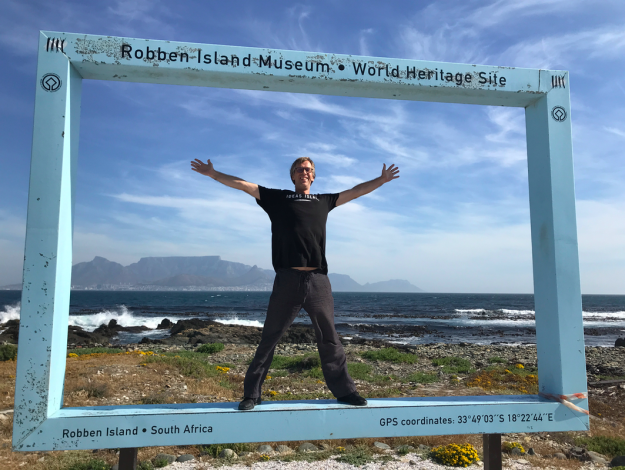
Robben Island (Cape Town, South Africa). Island number 25 (out of 100), country number 22 (out of 25), month number 23 (out of 100.)
Nelson Mandela was a prisoner on Robben Island for 27 years.
He was there as a political prisoner.
Almost a third of his life behind bars for believing in the equality of man.
And he came out smiling.
Walked out from that long walk to freedom determined to work with his former enemies to create a new, democratic South Africa.
Nelson Mandela, extremely well deserved, became an icon for hope for the young democratic rainbow nation of South Africa. And beyond.
When I started the 100 island project, Robben Island was on top of the list of islands I wanted to visit.
I wanted to walk the ground where Nelson Mandela became the person he became.
When I finally got there today I did not see a prison. I saw a beautiful island with an even more beautiful view of the Table Mountain. I saw the scene for a dream.
Staying there as a prisoner must have been hell (the prisoners had been ordered to build the prison themselves and in the beginning there wasn’t even proper mattresses to sleep on.)
But today this place is something totally different.
It’s a symbol of hope, reconciliation and forgiveness.
A symbol of good over evil.
Of the prospects of humanity.
I was walking around on the island with a smile on face and I left inspired.
Not the feeling you would think you would leave a prison with.
But Nelson Mandela is dead.
And South Africa without him is not the same.
Before visiting Robben Island I had spent a few days in the company of a group of South Africans of different backgrounds, black and white and Indian, young and old, rich and poor, and it was striking how almost all of them pained a picture of today’s South Africa in gloomy colours.
It seems corruption, frustration and racial tension has not been this high in South Africa for decades.
For the first time that I visit South Africa the feeling that fills me is not the feeling of hopefulness.
Now, it would be to harsh to say that what I feel is hopelessness. But I have felt less hope on this trip.
But the good news is that where I did feel a sense of hope I also felt a sense of deeper determination.
Its like if the people not ready to give up on Nelson Mandelas dream had come to the insight that dreams don’t come true by just dreaming.
Like they have come to the realisation that positive change is not impossible – but god damn hard; and that if we are going to be able to create it we have to work harder.
In a world being drawn into darkness, there seems to be counter-force mobilising.
I put a name to it.
Hopemoreness.
The opposite of hopefulness.
The idea that we have to try harder to make hope win.
What do you hope for that, if it would become a reality, would make the world a better place?
How could you work harder to make that come true?
Fredrik Haren, aka “The Island Man”, plans to visit 100 islands, in at least 25 countries, on at least 6 continents – in less than 100 months. The purpose of this “World Tour of Islands” is to get a better understanding of the world, a deeper understanding of the people who live here and a broader understanding of life. Robben Island was island number 25, country number 22 and month number 23 . (Countries visited so far: China, Sweden, Maldives, Austria, Nigeria, Vietnam, Egypt, Indonesia, USA, Malaysia, Thailand, Hong Kong, India, Mauritius, United Kingdom, Ireland, France, Iceland, Canada, Mongolia, Myanmar and South Africa.)
